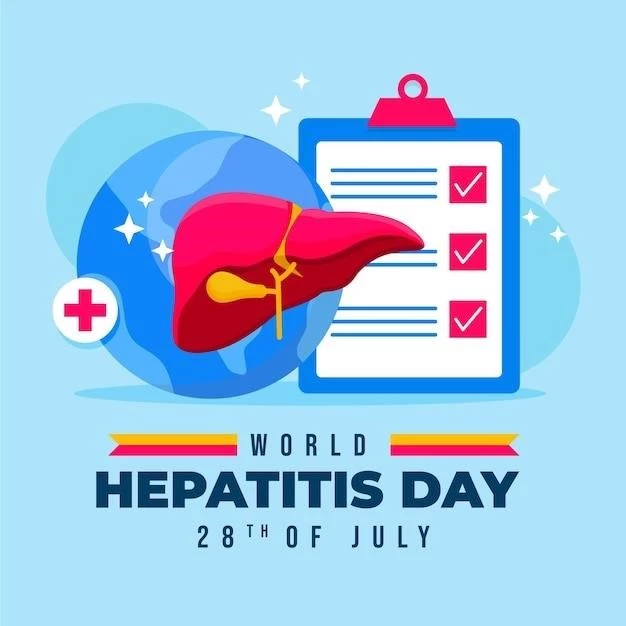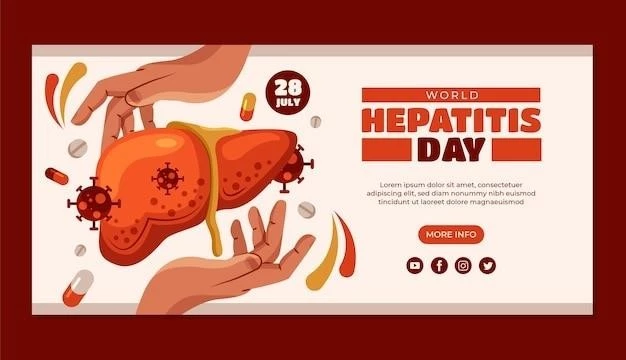Understanding Hepatitis D
Understanding Hepatitis D is crucial to prevent and manage this liver disease effectively. Stay informed about the causes, transmission, complications, diagnosis, treatment options, prevention strategies, public health implications, and supportive care for patients. Educate yourself and others to combat Hepatitis D.
Overview of Hepatitis D
Hepatitis D, also known as the ″delta hepatitis,″ is a liver disease caused by the hepatitis D virus. It is a unique virus that needs the hepatitis B virus for its replication. Hepatitis D can occur as a co-infection with hepatitis B or as a superinfection in individuals already infected with hepatitis B. Understanding the nature of this virus is essential in effectively managing and treating the disease. Learn more about the causes, symptoms, and risk factors associated with Hepatitis D to take proactive steps in protecting your liver health.
Causes and Transmission
Hepatitis D is caused by the hepatitis D virus, which requires the presence of hepatitis B virus for its replication. The transmission of the hepatitis D virus occurs through similar routes as hepatitis B, including blood-to-blood contact, sharing needles, or through sexual contact. High-risk populations, such as individuals with a history of injection drug use or unprotected sex, are more susceptible to contracting Hepatitis D. Understanding the causes and modes of transmission is vital in preventing the spread of this virus. Take necessary precautions to avoid exposure and protect yourself from Hepatitis D infection.
Progression to Liver Disease
Hepatitis D can lead to liver inflammation, causing acute or chronic hepatitis. In chronic hepatitis D, individuals are at risk of developing cirrhosis, hepatocellular carcinoma, liver failure, and other severe complications. The progression of Hepatitis D to advanced liver disease highlights the importance of early diagnosis and intervention. Regular monitoring and timely treatment can help prevent the worsening of liver damage. If you suspect Hepatitis D infection or have risk factors, seek medical advice promptly for proper evaluation and management to safeguard your liver health.
Complications
Hepatitis D can lead to various complications, including cirrhosis, hepatocellular carcinoma, liver failure, and even death in severe cases. It is crucial to recognize the potential complications associated with Hepatitis D to prioritize early detection and management. Regular monitoring of liver function, vaccination against hepatitis B to prevent co-infection, and adherence to antiviral therapy can help mitigate the risk of complications. Consult with healthcare providers for personalized treatment plans and lifestyle modifications to reduce the impact of Hepatitis D complications on your overall health.
Diagnosis
Diagnosing Hepatitis D involves blood tests to detect specific antibodies and antigens associated with the virus. Healthcare providers may also perform liver function tests, viral load tests, and imaging studies to assess liver health and confirm the presence of Hepatitis D. If you are at risk of Hepatitis D or experiencing symptoms such as fatigue, jaundice, or abdominal pain, seek medical evaluation promptly. Early diagnosis is key to initiating appropriate treatment and preventing the progression of liver damage. Consult with healthcare professionals for accurate diagnosis and personalized care.
Treatment Options
Managing Hepatitis D often involves antiviral therapy to suppress viral replication and reduce liver inflammation; Treatment may include pegylated interferon alfa, which is the mainstay therapy for chronic Hepatitis D. In some cases, combining antiviral medications targeting hepatitis B alongside Hepatitis D treatment may be necessary. Regular monitoring of liver function and viral load is essential to assess treatment response and adjust therapy as needed. Adherence to treatment plans and lifestyle modifications are crucial in managing Hepatitis D effectively. Consult with healthcare providers to explore treatment options tailored to your specific condition.
Prevention Strategies
Preventing Hepatitis D involves vaccination against the hepatitis B virus, as Hepatitis D requires hepatitis B for its transmission. Avoiding behaviors that can expose you to bloodborne infections, such as sharing needles or engaging in unprotected sex, is crucial in preventing Hepatitis D transmission. Education, awareness, and access to vaccination and safe practices are key in reducing the risk of Hepatitis D infection. If you are in high-risk populations, such as healthcare workers or individuals with multiple sexual partners, consider regular screenings, vaccination, and safe practices to protect yourself and others from Hepatitis D.

Public Health Implications
Hepatitis D poses public health challenges due to its potential to cause severe liver disease and complications. Public health efforts focus on increasing awareness, promoting vaccination against hepatitis B, implementing screening programs, and providing access to treatment for Hepatitis D. Collaboration between healthcare providers, policymakers, and communities is essential in preventing, diagnosing, and managing Hepatitis D on a larger scale. Public health strategies aim to reduce the burden of Hepatitis D, improve healthcare outcomes, and enhance overall liver health in populations at risk. Stay informed, support public health initiatives, and advocate for comprehensive approaches to address Hepatitis D effectively.
Supportive Care for Patients
Supportive care plays a vital role in managing Hepatitis D by addressing symptoms, promoting liver health, and enhancing overall well-being. Patients with Hepatitis D may benefit from nutritional guidance, rest, and lifestyle adjustments to support liver function. Monitoring for any signs of liver complications, managing side effects of treatment, and psychological support are integral parts of supportive care. Engage with healthcare providers, join support groups, and prioritize self-care to navigate the challenges of living with Hepatitis D. Embracing a holistic approach to health and seeking support can improve your quality of life while managing Hepatitis D.
Conclusion
In conclusion, Hepatitis D is a serious liver disease that requires attention to prevention, diagnosis, and treatment. By understanding the causes, transmission, complications, and available treatment options, individuals can take proactive steps to safeguard their liver health. Emphasizing prevention strategies, such as vaccination and safe practices, is crucial in reducing the burden of Hepatitis D. Public health initiatives and supportive care for patients further contribute to better outcomes in managing this disease. Stay informed, seek medical advice when needed, and engage in practices that promote liver wellness to combat Hepatitis D effectively.
